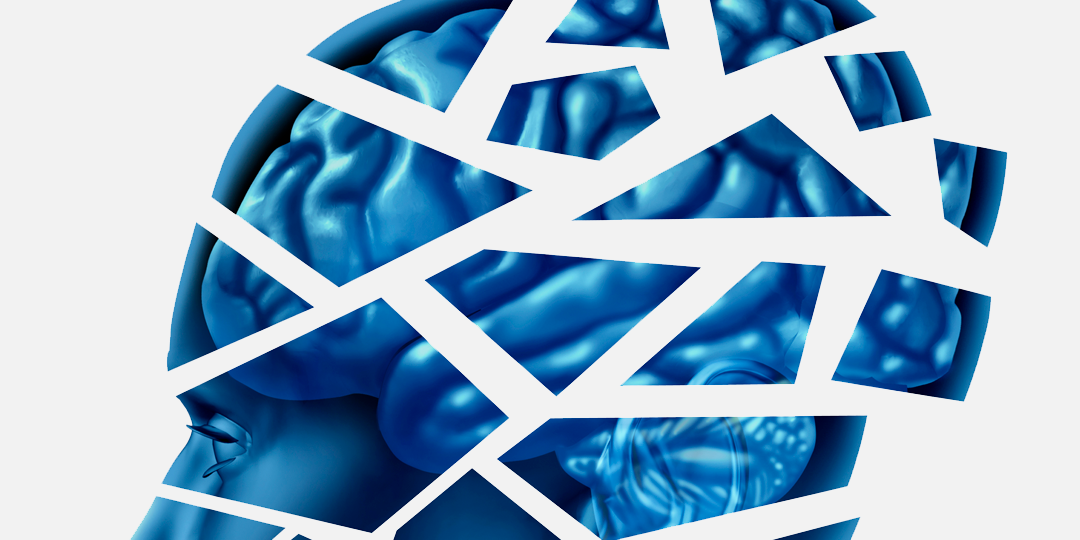Why psychopaths tend to deny their disorder and what to do about it
Identifying violence as a pathological form of behavior may face the problem that people who, due to a dysfunctional violence inhibition mechanism, are able to commit it easily will unlikely consider themselves unhealthy individuals. Many disorders result in negative symptoms that are clearly felt by the individual, such as anxiety, mood deterioration, depression, suicidal thoughts, and so forth. But the case is more complicated if the disorder itself does not cause suffering, and violence inhibitor dysfunction is just such a disorder.
According to Robert Hare, who developed the well-known Psychopathy Checklist (PCL-R), psychopaths have a narcissistic and grossly inflated view of their self-worth and importance, a truly astounding egocentricity and sense of entitlement. They see themselves as the center of the universe, as superior beings who are justified in living according to their own rules. Hare also addressed the issue of treating psychopaths. According to him, the term “treatment” implies that there is something to treat: illness, subjective distress, maladaptive behaviors, and so forth. But, as far as we can determine, psychopaths are perfectly happy with themselves, and they see no need for treatment, at least in the traditional sense of the term[1].
Psychopaths definitely have an inflated view of themselves. They see themselves as important and entitled. They often feel justified to live according to their own rules, and they think that the laws don't apply to them. They tend to have grandiose ideas about their potential. They believe that they deserve to be the CEO, or they are convinced that they are the best at everything they do[2][3].
Such personality traits in psychopathic individuals are not surprising. Since childhood, they have not experienced any bad feelings when they caused harm to others, and accordingly, they considered this to be the norm. They view empathy, compassion, and the inability to commit violent attacks, which are characteristics of the average healthy individual, as weaknesses. Perhaps this is what predisposes them to put themselves above others.
All this, of course, prevents the eradication of violence from society since its perpetrators often do not consider themselves abnormal and ill. They should always be reminded of this by referring to the theory of the violence inhibition mechanism and the pathological nature of their condition. One may recall the Wakefield criteria for disorder: a condition is a disorder if it leads to harm to oneself or others and is associated with the failure of some internal mechanism to perform a function for which it was biologically designed. And violence inhibitor dysfunction meets these criteria[4][5].
Violent individuals can also be encouraged in any way possible to undergo therapy, or it can be offered as an alternative to punishment for their offenses. Finally, social pressure can be applied. Individuals with violence inhibitor dysfunction need to realize that no one will risk having a relationship with them until they agree to therapy that restores inhibitory control over aggression. It is worth noting that in some circumstances, such people can be even more dangerous than, for example, those suffering from contagious infectious diseases, who, if they refuse to undergo treatment, are now unlikely to be accepted to study or work and few people will risk having a relationship with them; in general, everyone who knows about their condition and unwillingness to be treated will not go near them. This is a perfectly understandable and normal safety practice. And violence inhibitor dysfunction is also a serious safety threat. If significant parts of society understand this and act accordingly, many violent individuals will undergo treatment based on rational considerations.
Indeed, there will be those who will not undergo therapy to restore violence inhibitor function, even under social pressure. They must be monitored closely, and we must be prepared to apply therapeutic intervention as part of a defensive response to any attempted violent attack by them. Obviously, it is reasonable not to ask a person who is directly committing acts of violence about their willingness or unwillingness to undergo such therapy.

